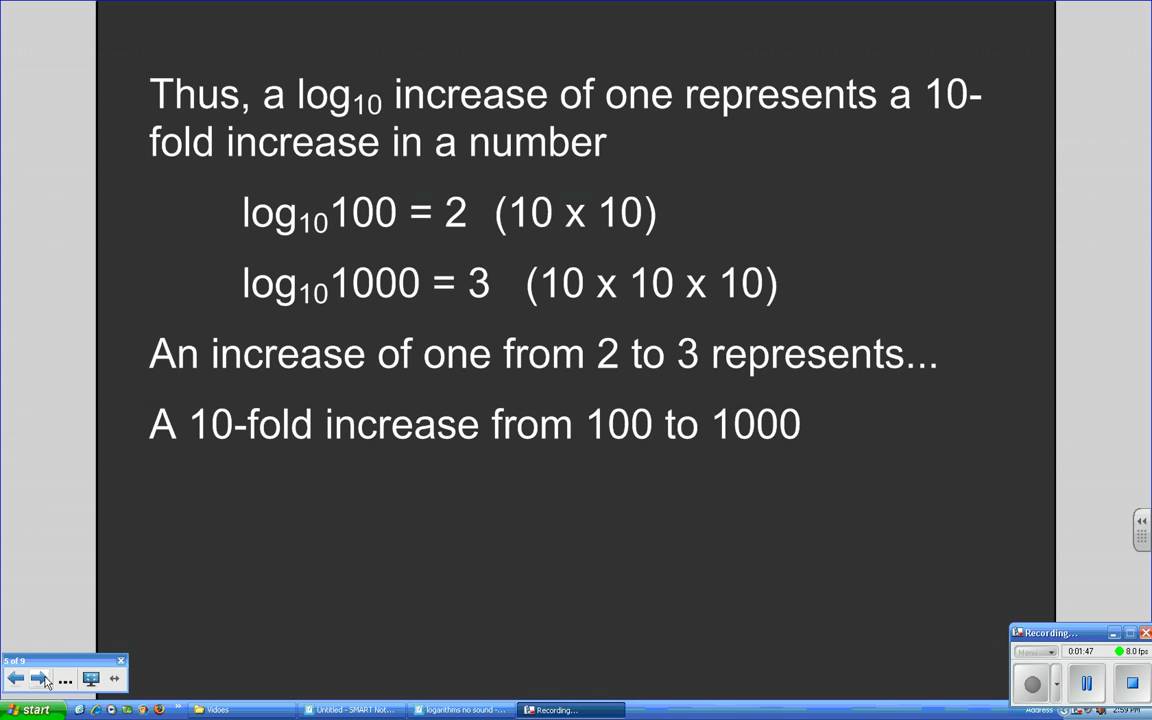Matematika Ekonomi - Pangkat, Akar dan Logaritma
Summary
TLDRThis lecture focuses on the applications of exponents and logarithms in economics, particularly in calculating interest and profit. It covers the rules of exponents, including the behavior of zero and one as exponents, negative exponents as reciprocals, and the impact of exponents on zero. The lecture also explores fractional exponents, the relationship between exponents and roots, and the simplification of expressions involving exponents. Practical examples and the use of calculators or software like Microsoft Excel for complex calculations are discussed, aiming to make mathematical concepts accessible and applicable in economic contexts.
Takeaways
- 📘 The lecture covers exponents and logarithms, emphasizing their frequent use in solving economic problems such as calculating interest and profits.
- 🔢 The zero exponent rule is introduced, stating that any non-zero number raised to the power of zero equals one.
- 💡 The concept that a number raised to the power of one equals the number itself is explained, applicable to positive, negative, and zero.
- ➗ Negative exponents are the inverse of the base number, representing the reciprocal when the base is positive.
- 🔄 The process of simplifying expressions with negative exponents involves moving the base to the denominator and changing the sign.
- 🌐 Fractional exponents are discussed, relating them to roots and explaining how to simplify expressions involving them.
- 🧮 The multiplication and division of numbers with exponents follow specific rules, such as adding or subtracting exponents when the bases are the same.
- 📚 The importance of using a calculator or software like Microsoft Excel for complex calculations involving roots is highlighted.
- 📐 The relationship between exponents and roots is explored, explaining how to find roots of numbers using the concept of fractional exponents.
- 📖 The lecture concludes with a set of exercises to practice the concepts learned, encouraging students to apply the rules and techniques discussed.
Q & A
What is the main topic discussed in the script?
-The main topic discussed in the script is the application of exponents and logarithms in economic mathematics, including their use in calculating interest and profits.
What is the first rule mentioned for calculating exponents?
-The first rule mentioned is that any non-zero number raised to the power of zero equals one.
What happens when a number is raised to the power of one?
-A number raised to the power of one is equal to the number itself, regardless of whether it is positive, negative, or zero.
How is a negative exponent represented in the script?
-A negative exponent is represented as the reciprocal of the base number raised to the absolute value of the negative exponent.
What is the concept used to simplify calculations when a number is raised to a fraction?
-The concept used is to break down the fraction into the base number raised to the numerator, and the denominator as the base number raised to the denominator.
Can you multiply two numbers with different bases but the same exponent?
-Yes, you can multiply two numbers with different bases but the same exponent by adding the exponents while keeping the base the same.
What is the rule for dividing numbers with the same base?
-When dividing numbers with the same base, you subtract the exponents while keeping the base the same.
How can you find the square root of a number using exponents?
-You can find the square root of a number by expressing it as the number raised to the power of 1/2.
What is the relationship between the exponent and the root of a number?
-The relationship is that the root of a number raised to a certain exponent is the number itself raised to the reciprocal of that exponent.
How can you calculate the root of a fraction?
-To calculate the root of a fraction, you take the root of the numerator and the root of the denominator separately.
What is the advice given for solving complex exponent problems?
-The advice is to simplify the problem by breaking it down into smaller parts, using calculators or software like Microsoft Excel for complex calculations, and ensuring that the base and exponent are the same for certain operations.
Outlines

This section is available to paid users only. Please upgrade to access this part.
Upgrade NowMindmap

This section is available to paid users only. Please upgrade to access this part.
Upgrade NowKeywords

This section is available to paid users only. Please upgrade to access this part.
Upgrade NowHighlights

This section is available to paid users only. Please upgrade to access this part.
Upgrade NowTranscripts

This section is available to paid users only. Please upgrade to access this part.
Upgrade Now5.0 / 5 (0 votes)





